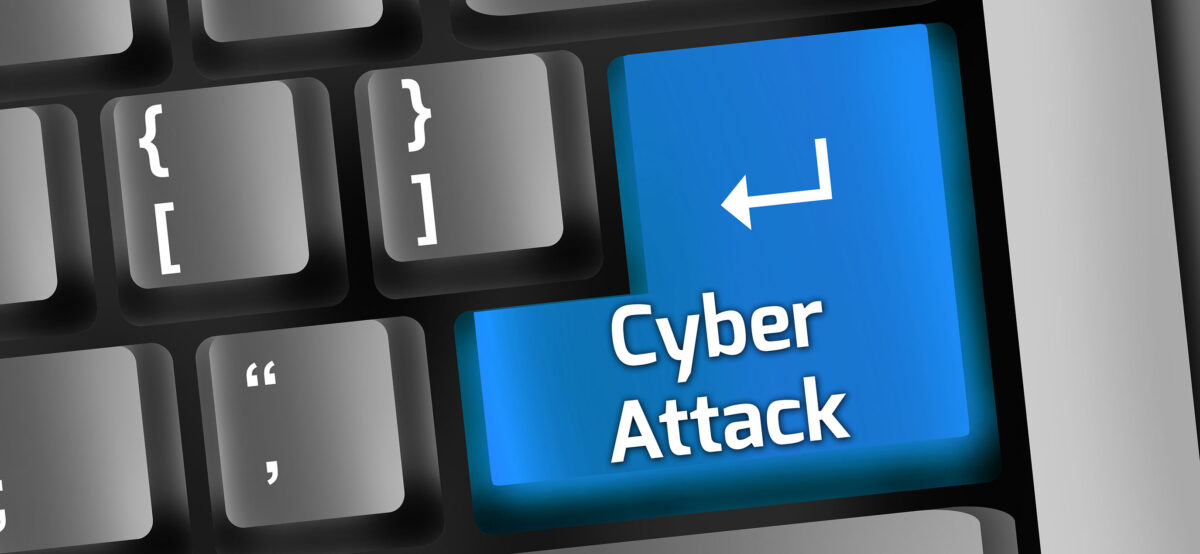“A first strike cyber Blitzkrieg that spreads across military and non-military sectors is a worrying scenario. Even if we have not yet experienced an actual cyber Blitzkrieg in real life, we are at a crossroads when it comes to determining whether cyber should be compared with strategic weapons, and the destruction it causes with conventional war. If so, it should be tightly controlled, international law should take a stand on it such as a UN security council confirmation, and cyber diplomacy should be added to the diplomacy domain,” argues Josef Schroefl.
Despite the status attached to cyber power, the main question, according to Schroefl, is how to build a credible deterrence strategy to stop potential attackers, namely to convince them that any attack would indeed be comparable to a declaration of war. One of the main deterrence aspects that should be linked to cyber is deterrence by demonstration, in the sense that deterrence requires the demonstration of responsive and available capabilities. In other words, one needs to build credible cyber capabilities, and let potential attackers know about these capabilities. Some of the best capabilities for detecting, deterring and recovering from cyber operations belong to the private sector. Hence, in Josef Schroefl’s view, the effective deterrence and counter-action has to be carried out in coordination with local, state and military planning as well as with the private sector.


 Hybrid CoE Strategic Analysis
Hybrid CoE Strategic Analysis 




